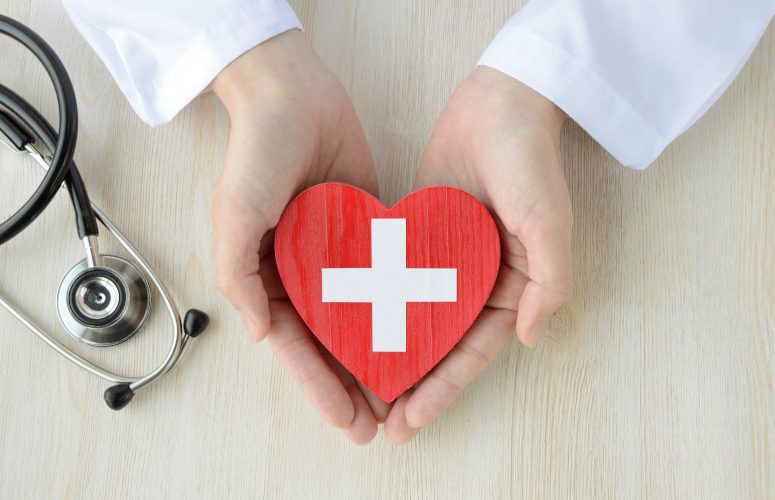
University Hospital Earns National Recognition for Emergency Medical Services Efforts
The American Heart Association Presents Mission: Lifeline EMS Gold Plus Achievement Award for Implementation of Quality Care for Severe Heart Attack Patients
On Sep 3, 2021University Hospital, New Jersey’s state hospital, has received the American Heart Association’s Mission: Lifeline® EMS Gold Plus Achievement Award for implementing specific quality improvement measures to treat patients who suffer severe heart attacks.
Each year, more than 250,000 people experience an ST elevation myocardial infarction (STEMI), the deadliest type of heart attack, caused by a blockage of blood flow to the heart that requires timely treatment. To prevent death, it is critical to restore blood flow as quickly as possible, either by mechanically opening the blocked vessel or by providing clot-busting medication.
The American Heart Association’s Mission: Lifeline program helps reduce barriers to prompt treatment for heart attacks – starting from when 9-1-1 is called, to emergency medical services (EMS) transport, and continuing through hospital treatment and discharge. Optimal care for heart attack patients takes coordination between the individual hospital, EMS and healthcare system.
Nearly half of all adults in the U.S. have experienced some form of cardiovascular disease – including heart attack, stroke and heart failure. For patients with conditions that are severe enough to be transported or admitted to a hospital, time is critical. Program participants apply for the award recognition by demonstrating how their organization has committed to improving quality care for STEMI patients.
“University Hospital is honored to be recognized by the American Heart Association for our dedication to providing optimal care for patients experiencing heart attacks, especially in the initial stages of care by EMS,” said Shereef Elnahal, MD, MBA, president and CEO of University Hospital. “The Mission: Lifeline program puts proven guidelines to work on a daily basis so that patients have the best possible chance of survival.”
“EMTs and paramedics play a vital part in the system of care for those who have heart attacks,” said Tim Henry, M.D., chair of the Mission: Lifeline Acute Coronary Syndrome Subcommittee. “Since they often are the first medical point of contact, they can save precious minutes of treatment time by activating the emergency response system that alerts hospitals to an incoming heart attack patient.”
To access more business news, visit NJB News Now.
Related Articles:





